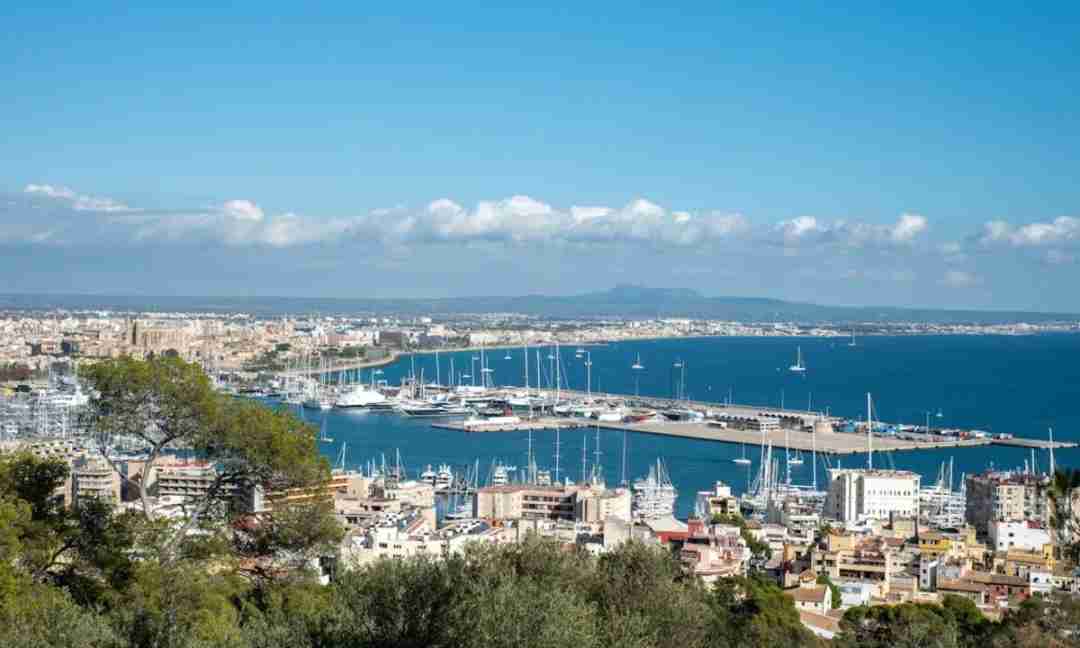By. Justin Mays
Costs to Consider When Buying Property in Turkey
When you buy properties in Turkey, what costs can you expect on top of the purchase price? Fees you can expect to pay include legal fees, taxes, a buyer’s fee and miscellaneous administrative costs.
We can help walk you through these one-time payments as your Prime Property Turkey representatives.
Legal Fees
Legal fees will be your first cost to consider. The average rates for a real estate lawyer will be between $1400-USD 2000 for their services. Their independent professional counsel will ensure that your purchase is secure, from checking the title deed (TAPU) for any incumbrances like debt to guaranteeing the accuracy of all relevant information. This is essential to safeguard your investment in Turkey.
After you have obtained your tax number and notarized and translated your passport, you will often be asked for a small deposit for the property.
The lawyer will also be asked to draw up the contract between buyer and seller with all relevant information like payment schedule and completion date.
Stamp Duty
The Stamp Duty is the subsequent cost to calculate. Whenever a house sale takes place, this one-time fee is payable upon registration of the title deeds.
This amount is 4% of the assessed/declared value of the property. Sometimes the buyer and seller split this cost, although more often than not, the buyer pays the total percentage upon registration of the TAPU in the buyer’s name.
The assessed value is generally 50-60% of the market price. There is also a Value Added Tax (VAT) of 18% calculated over the sales price required by Turkish law.
There are two notable exceptions. First-time purchasers-foreigners who live abroad for more than six months will not pay the 18% VAT on their first purchase in Turkey. This is contingent on the condition that they pay the sale price in foreign currency from a bank abroad to a Turkish bank foreign currency account, the property must not be less than 149 square meters, and the property must not be resold within the first year of ownership.
It’s also crucial to note as most newer properties are under 149 square meters, the standard VAT rate for property purchases is 1%.
Agency Commission Fee
Finally, there is an agency commission fee to be paid by the buyer.
In Turkey, the standard is 3% of the cost, which is payable upon signing the property purchase contract. Be wary of anyone who deviates from the standard 3% because this could be covering up fraudulent behavior.
Other Costs
You will also have miscellaneous costs such as notarization of paperwork, small local fees, etc., that will add to the cost of buying.
Services in Turkey are relatively low-priced compared to other countries and will not add up to much more than $600 or less.
Estimated Annual Costs of Property Ownership in Turkey
Investment in Turkey is lucrative, with high property value growth rates and affordable compared to Europe and the USA; however, before buying a holiday home in Turkey, you should be well informed about the ongoing costs of property ownership.
The following are three costs you can expect to pay annually.
Taxes
Taxes will be the highest annual cost, although the low rates will come as a surprise for foreigners buying Turkish properties.
Residential properties are taxed at 0.1% of their value in small cities, while the tax rate in large cities like Istanbul is 0.2% and must be paid before the end of May each year.
Aidet
The aidet is a maintenance fee levied in some apartment buildings, condos and housing complexes.
Always ask about the aidet fee when purchasing a property; it is most commonly a monthly cost that you will be required to pay whether you live permanently or occasionally in your place.
The aidet amount depends on the resident’s needs and requests and the quality of service received.
Luxury buildings have higher fees, while buildings with basic services may only charge a small fee for cleaning shared spaces.
Home Insurance Policies
Home insurance policies are reasonably priced in Turkey. One unique requirement is that Turkish law states that everyone should have an up-to-date earthquake/Natural Disaster Assurance insurance policy (DASK) which is up for renewal annually.
Home contents insurance and property insurance policies are also advisable to purchase to cover any loss due to unpredictable events. As the rates vary, it is worth receiving several quotes from brokers for insurance.
















